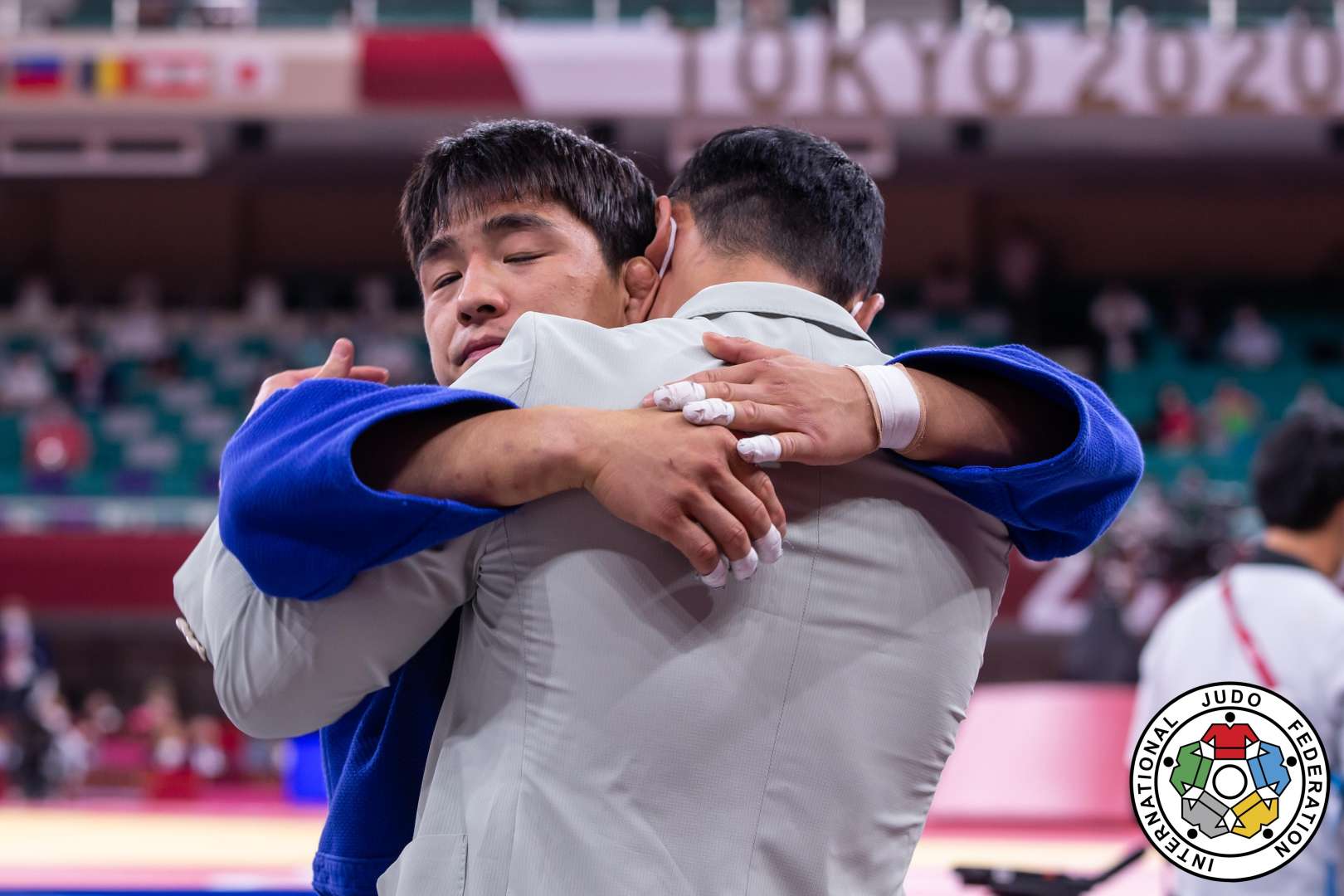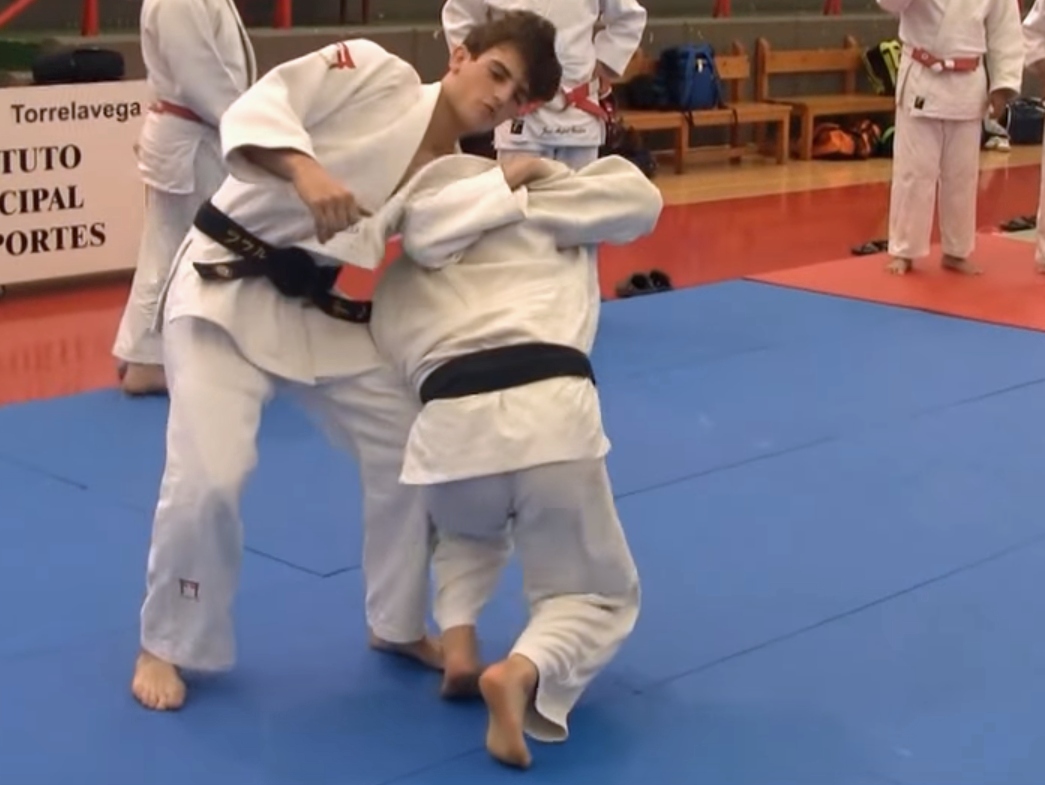One of the most impactful changes in the new IJF Rules will be that a shido and no score is given for a reverse seoi nage.
The unexpected throw that made judo creative is now awarded with a shido penalty according to the new rules from 2022-2024.
Judo is a dynamic sport, constantly exposed to new training and competition situations. As a new Olympic cycle is about to begin with the Olympic qualification for Paris 2024 starting in May 2022, the IJF is adapting the refereeing rules to reflect the developmental needs of our sport.
Vladimir Barta, IJF Head Sport Director said:
“We have received proposals and recommendations from national federations for rule amendments and changes. The IJF is working hard to modernise our beloved sport with input from partners. These new rules will come into force from the beginning of 2022, in place until 2024.”

All the rules that will be applied in the first instance during the Odivelas Grand Prix in Portugal from 28th-30th January and on until the Paris 2024 Olympic Games.
Shido for reverse seoi nage is one of many new rules of which most are understandable such as shido for fixing the hair from a second time in the contest. Reverse seoi nage was mainly further developed by Korean athletes with surprising techniques that also led to development of reverse kata guruma. One of the most renowned experts who developed the reserve seoi nage techniques was 2008 Olympic Champion Choi Min-Ho.
Also other world class Koreans used reverse seoi nage as a weapon such as An Ba-Ul, Gwak Dong-Han and An Chang-Rim.
One of the IJF head referee directors Jeon Ki Young was an expert in reverse seoi nage.



